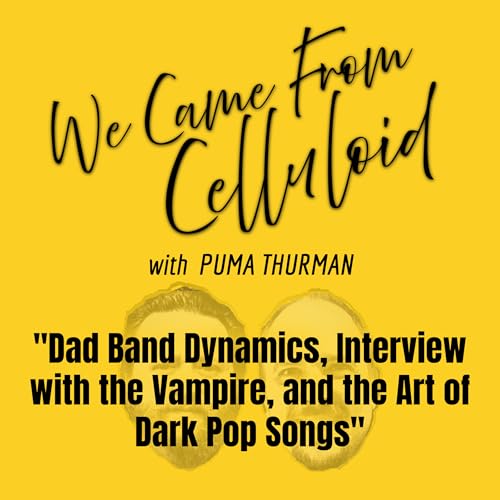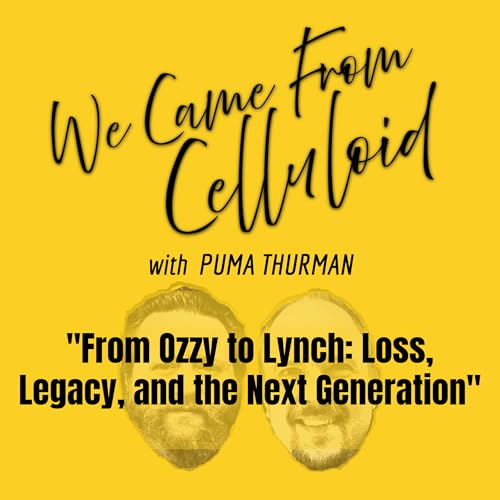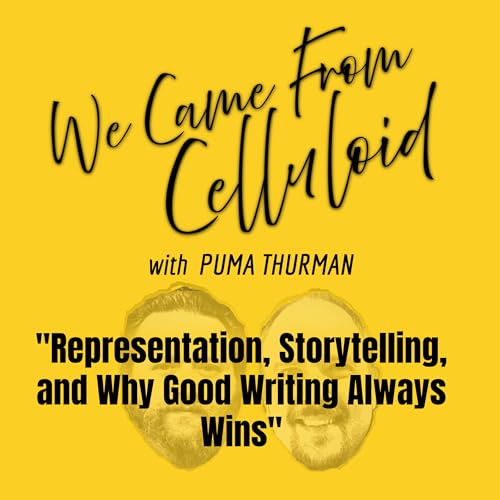Welcome to We Came From Celluloid, the podcast that exists at the nexus between film and music - because why choose just one obsession when you can have them all? I'm Nicky P, here with my partner-in-crime Brian Pritchard, and we're basically trying to create the Voltron of pop culture commentary.
This inaugural episode dives deep into our recent punk show experience, where we supported longtime friend Joey Steel's band Cop Out. It's been years since either of us stepped into that raw, unfiltered punk scene, and the reflections are... well, let's just say they're honest.
What We Cover:
-
Our recent DIY punk show experience - storefront venues, broken mics, and all
-
The difference between professional polish and punk authenticity
-
Why technical proficiency isn't always the point (and when it matters)
-
How Puma Thurman fits into the spectrum between Weird Al and Queens of the Stone Age
-
The evolution from trying to be "serious musicians" to embracing controlled chaos
-
Why front men feel unapproachable (even to other musicians)
-
Reconnecting with old friends who became touring punk warriors
-
The beauty of simple song structures vs. 10-minute prog epics
Key Takeaways: Brian breaks down why seeing old friends succeed in their artistic vision feels so rewarding, even when their paths diverge from yours. I reflect on rediscovering the joy of not taking yourself too seriously while still caring deeply about the craft. We both grapple with the tension between wanting to sound "professional" and embracing the beautiful messiness that makes punk special.
The Puma Thurman Philosophy: We're somewhere between comedy and sincerity, between technical prowess and emotional truth. Think Tenacious D's earnestness mixed with Ween's genre-hopping, but with a healthy dose of film obsession thrown in for good measure.
This episode is for anyone who's ever wondered if they can go home again to scenes they've outgrown, or if growth means leaving authenticity behind. Spoiler alert: the answer is complicated, and that's exactly what makes it interesting.
Ready to join the conversation? Follow us on all platforms and tell us about your own experiences navigating artistic evolution while staying true to your roots.
 42 mins
42 mins 36 mins
36 mins 36 mins
36 mins 41 mins
41 mins 44 mins
44 mins Aug 29 202551 mins
Aug 29 202551 mins 37 mins
37 mins
